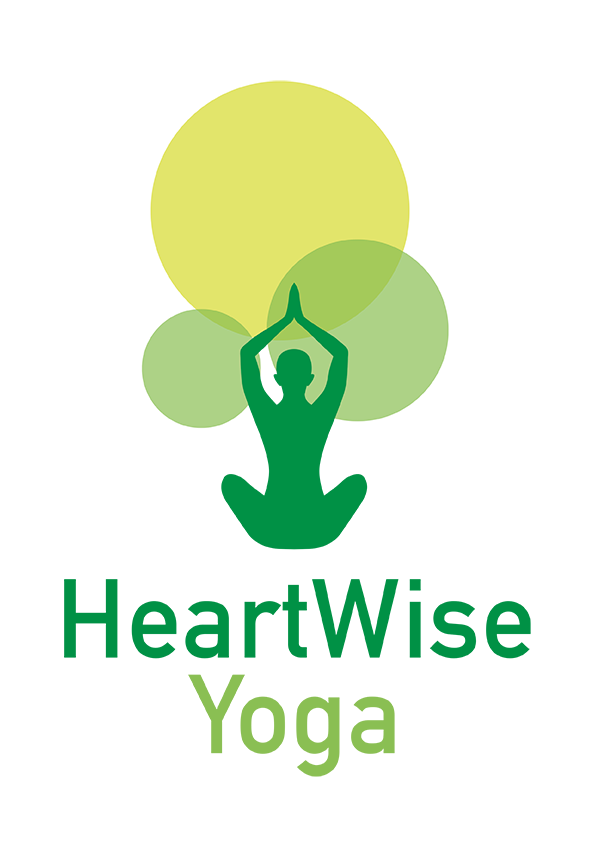Right now, what preoccupies you?
The mind has a natural tendency to be alert to what is not functioning and might be a threat for the future. Indeed, humans’ reproduction has been dependent on our ancestors’ capacity to notice and avoid danger. Helpful, we can agree – otherwise, we wouldn’t be here today.
What is not so helpful is that our minds are still wired to attach to what is “wrong” or hard today. I remember a few times where I was teaching a 20-person class, and one person would be resistant to my teaching or just leave after 15 minutes. My mind would then only be thinking about it, sometimes for a couple of days, interpreting it as poor teaching skills and leaving me questioning my teacher career. In other words, my mind deliberately ignored the other 19 people who had a great time and perhaps even said to me how they enjoyed the class. I could simply not take the positive feedback in as soon as a more negative one also was present.
This phenomenon is well known in Buddhism and psychology and is called the negativity bias. On a mundane scale, you can recognize it when someone gives you a compliment, and you reply something belittling it like: “Thank you, but you too.” At the office someone criticizes your work, maybe they are having a bad day, and their negative feedback haunts you for hours or days.
You might have heard this Zen joke before. Two monks are walking silently towards a temple in Japan, when they meet a delicate woman wearing a kimono by the side of a muddy road she needs to cross. Crossing it would imply ruining a kimono with dirt and mud. One of the monks walks towards her and offers her his shoulders, so he can bear her to the other side without soiling her outfit. She accepts, he helps her, and everyone continues their journey. Few hours later, as the other monk stops walking and shouts to his friend “What did you think about when you helped this woman? We are monks, and monks do not do these things.” The helping monk turns and replies: “I released her weight as I put her down on the other side of the road, and my shoulders feel completely light. Apparently, you have been carrying the same weight on your shoulders for hours now. That must feel heavy.”
Indeed, the negativity bias weighs heavy on our shoulders and, if we do not notice it, will cause immense amounts of stress on our nervous system.
What creates suffering is our mind’s attachment to pain, not the event itself per se. The monk knew better: to let go of the story. Do not get me wrong here. I am not here to belittle any pain or human response to hardship. My intention, instead, is to help you see with clarity how this might be currently playing out.
The good news is that we can train our mind and heart out of the negativity bias, so we can release unnecessary burdens and become naturally happy. This is what a mindful practice, i.e. placing our attention to what we deem relevant and sustaining it for a while, exactly does.
We concentrate on one thing at a time, e.g. the breath. Concentration fosters clarity about what is going on, e.g. the movement of the belly as we breathe. Clarity of what is going on, through the senses (belly raising and falling, or heat spreading in the face when shame comes up), leads to equanimity. Equanimity decreases the negative bias, and thus suffering. Or, even faster, just “drop it” 😊. In psychology, therapy methods like the one I studied, Hakomi, explicitly work towards dissolving the so-called “barriers to nourishment,” which similarly prevent us from creating and/or receiving a new experience that is healthier to our mind, heart, and nervous system generally.
We will still be experiencing stress, threats, and hardships, as those are simply part of life. Yet, instead of looping the drama for unnecessarily longer in our minds, we gradually become aware of the negativity bias at play and start to release it as we do.
This is freedom, one thought at a time.
Namaste
Cedric
PS: For more meditation, check on of my free guides on my blog page or join my next online course, “Calming the (monkey) mind,” Starting Nov 13th.

